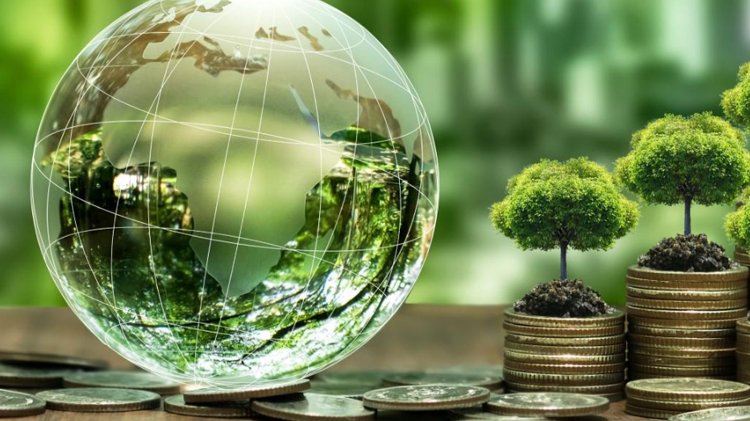Ivory Coast – IMF: 740 million USD expected to support economic and climate reforms.
Ivory Coast confirms its position among the most resilient reforming economies on the continent, benefiting from strengthened support from the International Monetary Fund (IMF). Following a technical mission conducted in Abidjan from March 24 to April 9, 2025, IMF staff and Ivorian authorities reached a technical agreement as part of the fourth review of the three-year program supported by the Extended Fund Facility (EFF) and the Extended Credit Facility (ECF), as well as the third review of the climate program backed by the Facility for Resilience and Sustainability (FRS). This agreement paves the way for a cumulative disbursement of $740 million, subject to the upcoming approval of the Board of Directors of the Bretton Woods institution. This support is part of a comprehensive program amounting to $1.3 billion, approved in May 2023 and March 2024, aimed at supporting the structural transformation and climate transition of the Ivorian economy.
The IMF welcomed the notable progress made by Ivory Coast in implementing its reform agenda, particularly its strong commitment to macroeconomic stability. The maintenance of the budget consolidation trajectory, with a public deficit target set at 3% of GDP by the end of 2025, in line with the convergence criteria of the West African Economic and Monetary Union (WAEMU), demonstrates public finance discipline. Substantial progress has also been observed in mobilizing domestic revenues, optimizing budget management, and strengthening economic governance.
On the climate front, discussions focused on the reforms to be undertaken during the 2025-2026 period, including the development of a green taxonomy, the introduction of ESG disclosure frameworks for private investments, the establishment of an early warning system for climate risks, the reduction of greenhouse gas emissions, and the integration of environmental issues into the budget planning process.
In terms of economic conditions, the Ivorian economy shows robust and diversified growth dynamics. GDP growth is expected to exceed 6% in 2025, driven by a rebound in agricultural production, an increase in export values, particularly cocoa, a decline in oil prices, and sustained performance in the hydrocarbons, mining, and services sectors. At the same time, the current account deficit is expected to decrease to less than 4% of GDP, thereby strengthening the country’s external balances. In the medium term, the economic trajectory remains favorable, with projected growth averaging 6.5% between 2026 and 2030, inflation contained below 3% starting in 2025, and increased budgetary margins due to the continuation of the national strategy for mobilizing domestic resources. In this context, Ivory Coast maintains a moderate risk rating for over-indebtedness, reflecting prudent and sustainable management of its public debt.
Finally, the IMF praised the success of recent eurobond issuances in strong currencies and local currency (CFA), which reflect renewed confidence from international investors in the Ivorian signature. Ivory Coast thus establishes itself as a central player in economic, financial, and climate stability in West Africa, consolidating its position as a regional model of governance and resilience.
Source : SIKA finance, Editorial Team MEPD Web Portal




